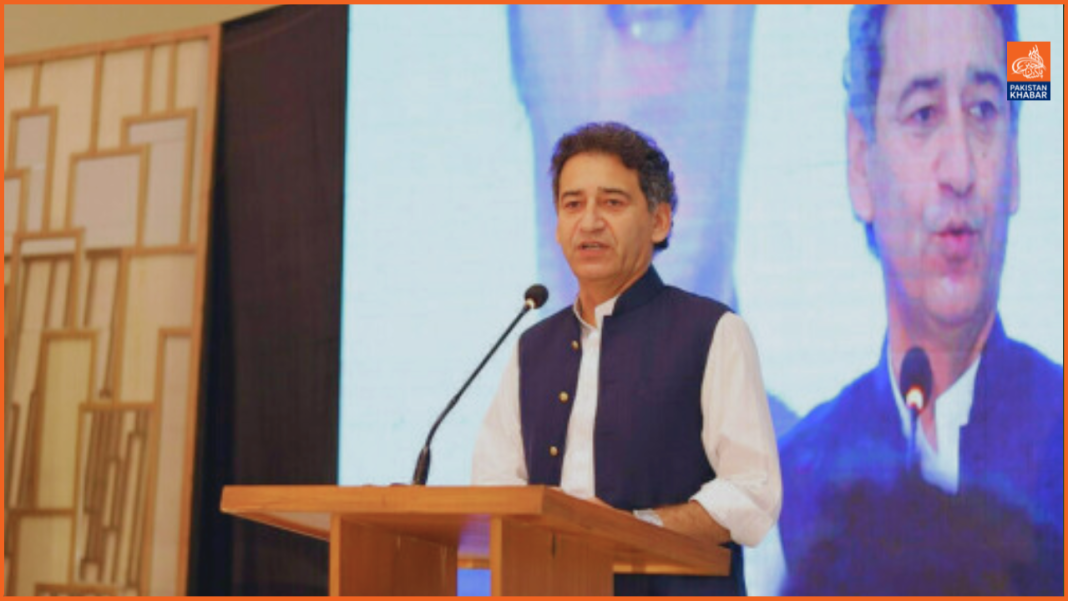In an unexpected development, the Anti-Corruption Establishment (ACE) of Khyber Pakhtunkhwa has summoned prominent Pakistan Tehreek-i-Insaf (PTI) member and MNA Mohammad Atif Khan as part of its inquiry into the widely discussed Malam Jabba land lease case, which had been closed by the National Accountability Bureau (NAB) three years prior.
Mr. Atif, a former provincial minister, received a notice from the head of ACE’s special investigation wing, instructing him to appear before an inquiry officer on November 12. The notice, issued on October 31, indicates that the investigation stems from a complaint filed in 2018, which raised concerns about allegations of corruption and misuse of authority regarding the Malam Jabba Project involving the Samson Group of Companies.
This development has sparked further speculation about internal conflicts within the PTI, leading Mr. Atif to publicly question the motives behind the summons. He asserted that it was clear why the notice was issued by his party’s provincial government, stating, “The Malam Jabba case was closed by the NAB. Whoever is behind this is harming the party and Imran Khan.” He emphasized his commitment to defending both the province and the party, declaring, “I won’t remain silent over actions that damage it.”
The Malam Jabba land deal occurred in 2014, a time when Mr. Atif was neither the chief minister nor the tourism minister. The ongoing saga took a turn on November 2, 2021, when an accountability court accepted NAB’s plea to close the investigation against former Chief Minister Pervez Khattak and other officials related to the lease of government land in Malam Jabba. The NAB had found no substantial evidence of corruption linked to the allegations.
The NAB’s investigation focused on the alleged illegal leasing of 275 acres of state forest land to the Samson Group and irregularities in the contract bidding process. Ultimately, the accountability court ruled that the request for closure of the investigation was justified, citing a lack of prima facie evidence for any criminal wrongdoing.
Furthermore, the Peshawar High Court had previously addressed the matter, directing the KP additional chief secretary to submit a report on the ownership of the disputed land. The report concluded that the tourism department was the rightful owner, and the land had been mistakenly recorded as belonging to the forest department. The issue has remained under scrutiny, with the NAB maintaining its position during ongoing petitions in the high court, asserting that no malicious intent was evident in the leasing process.




